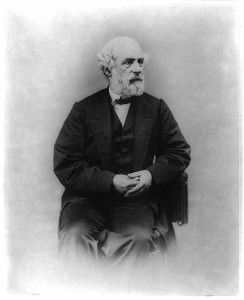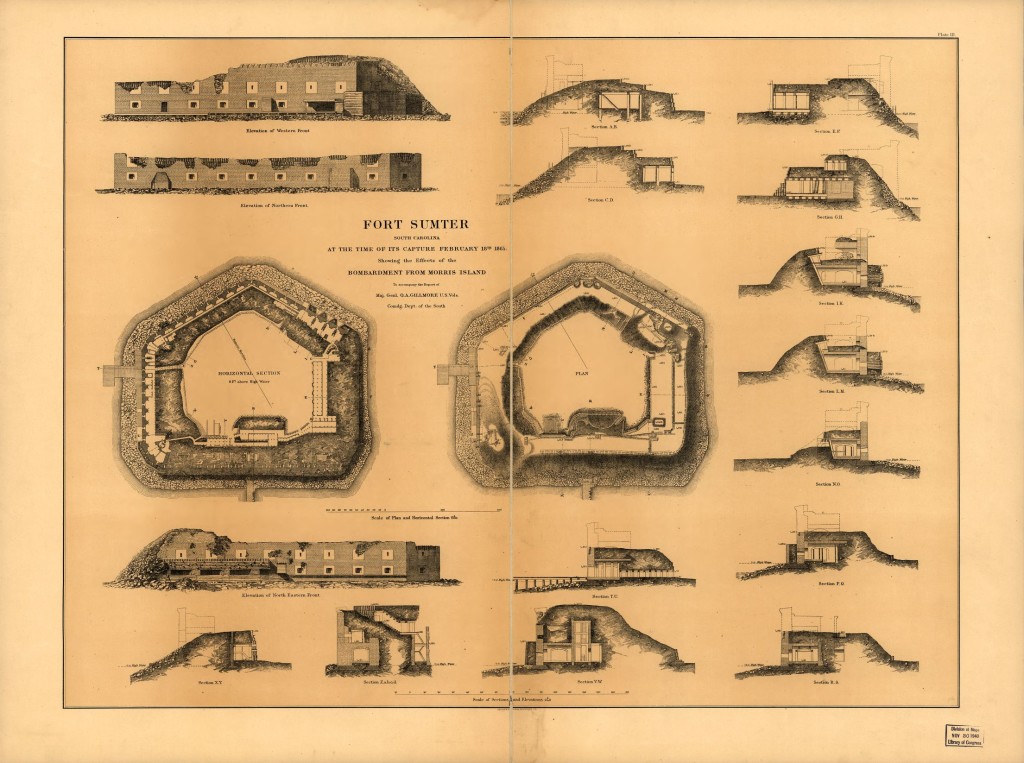From the Richmond Daily Dispatch February 28, 1865:
Treatment of the conquered Confederates–Handsome offer.
The New York Times has an article on subjugation, which ought to have a place all to itself. It is the most refreshing instance of Yankee impudence that we have seen since the war. It says:
We hear a great deal every day about the necessity for punishing the Southern leaders, and some persons go so far as to propose the outlawry of everybody in the Confederacy who has held any higher rank in its service than that of colonel. But it may be laid down as a rule, dictated not simply by humanity and Christianity, but by sound policy, that no punishments whatever ought to be inflicted on anybody, except such as are plainly called for by a prudent regard for our own safety. With those who wish to legislate, or put the existing law in force for mere purposes of vengeance, it is scarcely worth while to argue. The spectacle of a whole people thirsting for vengeance on a large body of their own countrymen, and seeking it through acts of Congress, is a barbarous and repulsive one, repugnant to the spirit of the age, and hostile to civilization. To suffer anything of the sort to be enacted on American soil, in our day, would prove that we had retrograded instead of advanced.
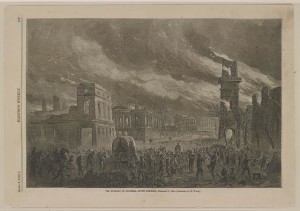
“we are now witnessing the failure” (“The burning of Columbia, South Carolina, February 17, 1865” (Library of Congress)
There are a number of persons in the rebellious States who have been actively engaged both in getting up the insurrection and carrying it on, whose position with regard to it is such as to make it quite certain that they can never settle down again into peaceable citizens of the United States, and would never, if we allowed them to return quietly to their homes, cease to kick against the authority of the Government and intrigue for its overthrow. Against these men the vigorous enforcement of the law is imperatively called for in the interest of social order; but we sincerely trust that the list even of these will be made as small as possible, and that the rest of the population will be let alone. No penal measures whatever, as regards them, we may feel quite satisfied, will be necessary to prevent the repetition of the attempt of which we are now witnessing the failure. The fullest punishment for their offences, whatever they may have been, has been already inflicted in the prosecution of this war. There is something puerile in talking of administering further chastisement for a crime which has already caused the slaughter or maiming of two or three hundred thousand of those engaged in it, and the desolation of almost a third of their territory. With what power can we arm either courts or police that will impress the imagination of men and women like those of the South, who have lived through the horrors of the last four years?
And we ought to beware, above all things, of harassing them with the presence of great swarms of officials, most of whom will doubtless, at least for a while, have to be Northerners. For a few years, after the war the Southern people will be morbidly sensitive to whatever reminds them of their defeat and those among us who are opposed to all attempts to respect this susceptibility, only show how little they have learnt from history, and how little they know of human nature. One great aim should be to avoid all unnecessary display of force. We shall be bound to protect the emancipated blacks and Northern or loyal inhabitants, and see that the judgments of United States courts are carried into execution; but all interference with the ordinary working of local law, and the ordinary management of local affairs, ought to be strenuously guarded against. There are other ways than these, which we recommand [recommend?], of holding conquered territory but there are no other ways of healing the wounds left by civil war.

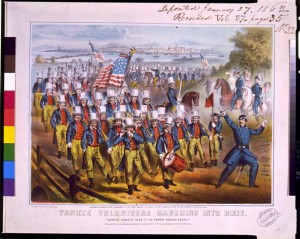
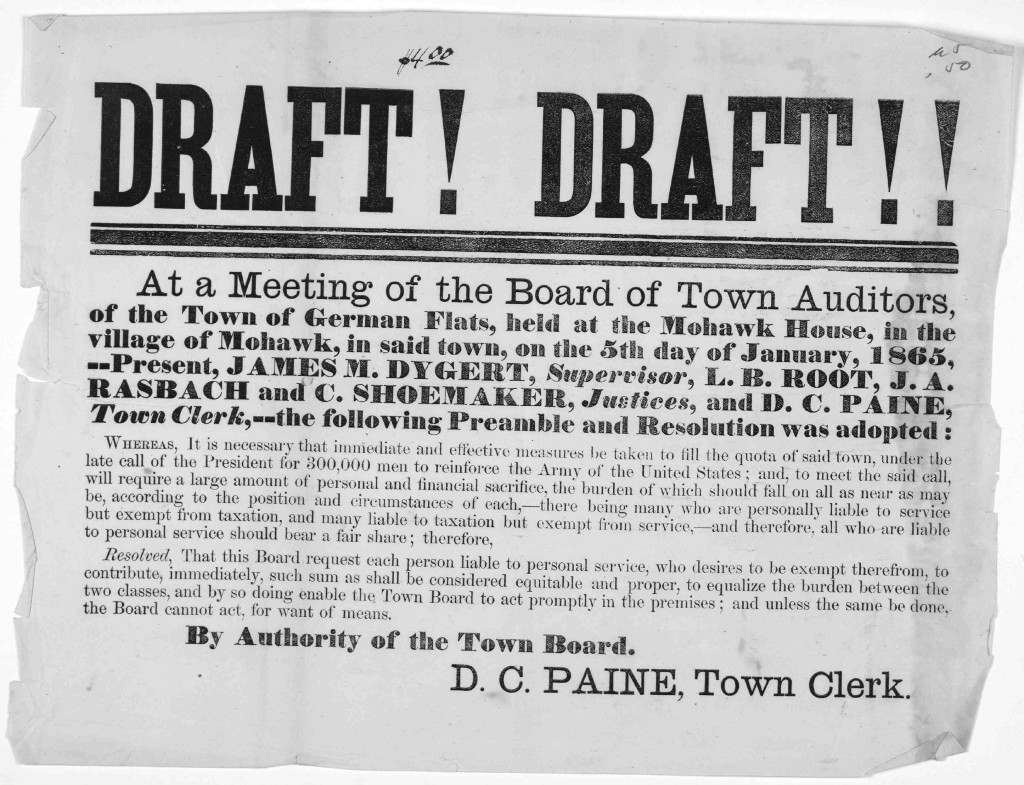
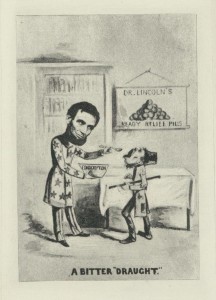
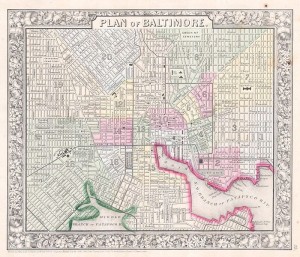
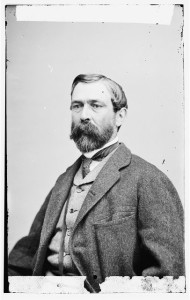
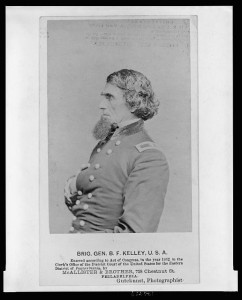
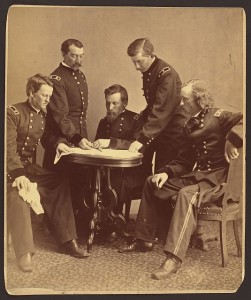
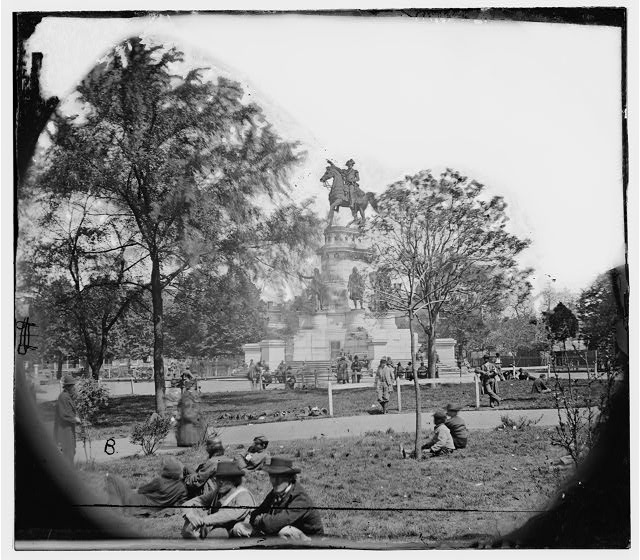
![Unidentified African American soldier in Union uniform and Company B, 103rd Regiment forage cap with bayonet and scabbard in front of painted backdrop showing landscape with river] (between 1863 and 1865; LOC: LC-DIG-ppmsca-36988)](https://www.bluegrayreview.com/wp-content/uploads/2015/02/36988r-239x300.jpg)
